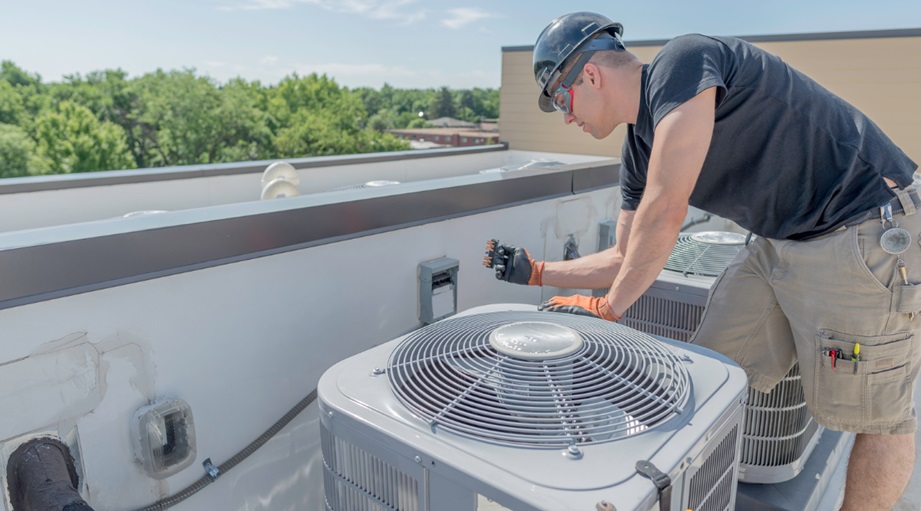
When the temperature drops, your furnace plays a crucial role in keeping your home warm and comfortable. However, like any household appliance, furnaces can show signs that they’re nearing the end of their lifespan. Recognizing these warning signs early can save you from unexpected breakdowns and costly repairs. If you’re experiencing any issues, professional HVAC service in Alpharetta can help ensure your system is running efficiently. Below are some key indicators that your furnace might be on the brink of failure.
Unusual Noises
Furnaces generally operate quietly with only a low hum in the background. If you hear strange noises like banging, whining, or rattling, it could mean internal components like belts or motors are worn out. Ignoring these sounds could lead to more extensive damage, so it’s best to have your system inspected sooner rather than later.
Rising Energy Bills
Have you noticed an increase in your energy bills despite using your furnace the same way? A growing energy cost may indicate your furnace is losing efficiency. Older systems tend to work harder to heat your home, consuming more energy in the process. Regular HVAC services can help diagnose and fix these inefficiencies before they become a bigger problem.
Uneven Heating
A well-functioning furnace should heat your home evenly. If some rooms feel colder than others, it may be a sign that your system is struggling to distribute air properly. This can happen due to issues with ductwork, blocked vents, or a furnace that’s no longer performing to its full capacity.
Yellow Pilot Light
The pilot light in gas furnaces should burn a steady blue flame. If you notice it turning yellow, your system may not be burning fuel effectively, which can release harmful carbon monoxide into your home. This situation calls for immediate attention from a professional for your family’s safety.
Frequent Cycling
A furnace that turns on and off too frequently may be experiencing short cycling, often because it struggles to maintain the set temperature. This problem can result from clogged filters, thermostat malfunctions, or an inadequately sized unit. Addressing short cycling quickly can prevent further stress on your system.
Poor Air Quality
Your furnace plays a role in maintaining indoor air quality by filtering dust, pollen, and other pollutants. If you find your home dusty or notice an increase in allergy symptoms, it could mean your furnace isn’t working effectively. A dirty filter, blocked ducts, or internal mechanical issues could all be to blame.
Age of the Furnace
Furnaces are built to last an average of 15–20 years. If your unit is approaching this age range, it’s worth considering a replacement. Upgrading to a newer model provides better energy efficiency, which lowers your monthly heating bills and ensures years of reliable performance. For more insights on how buying a new furnace can save you money, refer to this article.
Difficulty Starting the Furnace
If your furnace struggles to start or frequently fails to do so, it might indicate problems with the ignition, wiring, or other internal components. Neglecting these early warning signs could leave you without heat when temperatures drop, so make sure to get your system checked promptly.
Moisture Buildup
Excess condensation on windows or walls might mean your furnace isn’t heating efficiently. Ineffectively heating your space can increase indoor humidity, leading to issues like mold or mildew. Addressing furnace problems early can help you prevent these secondary effects.
Strange Odors
While a faint burning smell may be normal when you first fire up your furnace after a long break, persistent or unusual odors should not be ignored. A musty smell might mean mold growth, whereas metallic or electrical smells often indicate faulty parts. Call a professional to inspect and resolve these concerns right away.
Conclusion
Understanding these warning signs can help you prevent sudden furnace breakdowns and avoid high repair costs. If you detect any of these issues, scheduling regular maintenance or a repair with an expert HVAC service provider is a proactive step. By staying on top of potential problems, you can enjoy a warm, energy-efficient home without interruption during the colder months.

